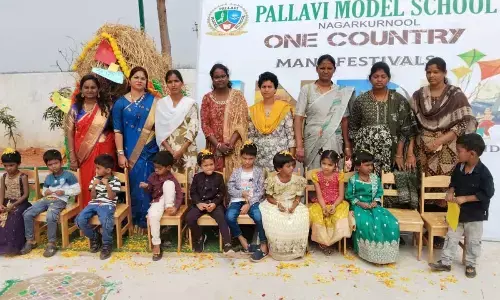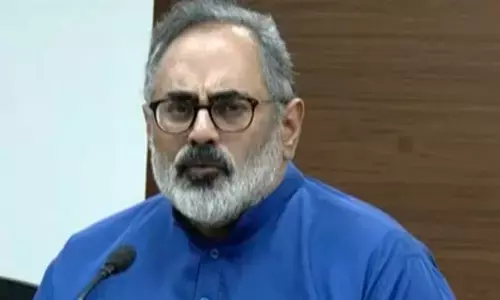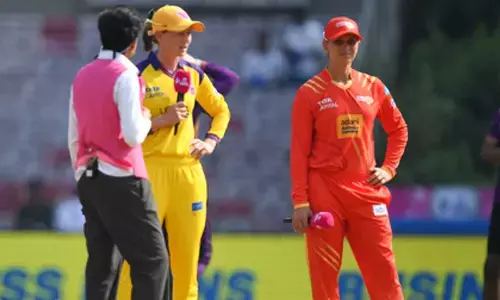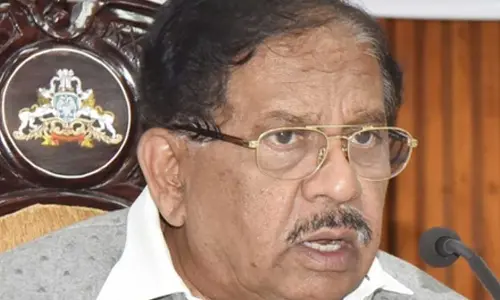Making sense of dynastic politics in India
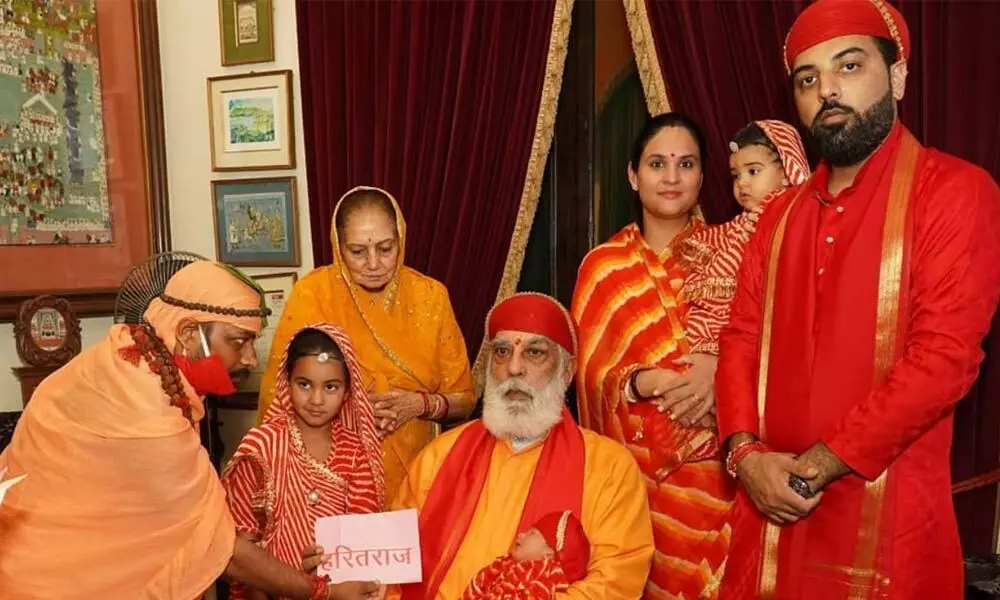
For representational purpose only
As was noted in the last week's piece, families dominating the scene in a given field over generations is not a phenomenon confined to the political field alone
As was noted in the last week's piece, families dominating the scene in a given field over generations is not a phenomenon confined to the political field alone. To begin with, an example that pertains to what is probably the most popular activity in India, namely cricket. Children of the heroes of yore, such as Lala Amarnath, M.L. Jaisimha, Shivlal Yadav, Sunil Gavaskar and Sachin Tendulkar, to name just a few, continued to bear the torch, a task made easier by talent and performance. So did Ramesh Krishnan in tennis.
If one turns to the area of business, commerce and industry, one finds that, from the Tatas and the Birlas, who are probably the two oldest business houses in the country, to families bearing familiar and household names, such as Bajaj, Godrej, Sriram or Ambani, the phenomenon of dynastic control has played a major, if not dominant, role.
On quite a different footing stand professions such as law, medicine and accountancy, where the practices and the vast goodwill, built up patiently over decades by eminent practitioners, necessarily need a competent successor to carry on the tradition. Insofar as the legal profession is concerned, Mahesh and Rani Jethmalani, Prashant Bhushan and Mohan Parasaran, are all examples of such a situation. Sometimes the children of legal luminaries have risen to the same heights as their fathers, Supreme Court judges Nariman and Chandrachud being excellent illustrations.
And every city of the country has successful, and eminent, accountants and doctors, whose fathers and grandfathers were leading lights in the same profession. The celluloid industry is another area where siblings have benefited from the appeal, and the reputation, of their parents, whether as actors, singers, music directors or directors. Rishi Kapoor, Hrithik Roshan, Abhishek Bachchan and R D Burman are only a few of the well-known names.
And, while on the subject, of siblings continuing the tradition of their parents in different professions, activities and arts, one cannot help observing that a career in the Armed Forces appears to be the one which has the greatest appeal to the succeeding generations. In light of what we noted earlier, that the absence of materialistic attractions in the parents' careers actually serves to put off their offspring, it is perhaps the strong element of patriotism in the Armed Forces that leads to this kind of appeal.
Clearly some careers, such as law and medicine or, for that matter, being an industrialist, offer opportunities for the next generation to make a soft landing and, as it were, to hit the ground running. And others, such as the civil services or academics, seem to carry features, exposure to which makes the offspring turn away, and look elsewhere for options.
At this point, it is worthwhile looking at rural artisans, such as weavers, potters, cobblers, black-smiths etc. The art and craft are passed on from generation to generation mostly through a process of demonstration, learning and practice, or by word of mouth. When the interest shown by traditional markets for the goods produced by such cottage industries wanes, the viability of the calling suffers.
This happened, for instance, in the case of handloom weavers. Very often, the central and the State governments step in with programmes designed to improve the skills and designs to enable the products to respond to market signals, providing the economies of scale by organising aggregation and facilitating access to institutional finance, extending subsidies and mounting campaigns to penetrate promising markets. Several successful examples are available where such a strategy succeeded remarkably.
There are other traditional occupations, such as fishery, which are passed on from one generation to the next. The problems, as well as the solutions, in that sector are not very different. I can speak with the confidence, arising from experience, about both the handlooms and fishery sectors. Government support, institutional assistance, successful aggregation, and a continuous and meaningful dialogue between producers and markets, have produced remarkable results, especially in the cooperative sector, in both the fields, in many states.
There are also other responsibilities that devolve upon the youth from their parents, such as the ones attached to the posts of Village Officers. For a long time, these were hereditary posts, somewhat like those of priests in Hindu temples. Following general public aversion to such arrangements, however, efforts have been made by governments to do away with them.
For example, in Andhra Pradesh, NTR, as Chief Minister, abolished this system of hereditary succession in the posts of Village Officers. Clearly there is no element of choice, or preference, on the part of those upon whom such positions devolve, having been bequeathed to them by virtue of legacy. Somewhat similar, albeit not as a result of succession by legacy, is the running of the parents' businesses by their offspring, like, for instance, minding a store. Some qualities, such as sharpness of the intellect, height, complexion and good looks etc., are usually genetically inherited characteristics. Such is not the case, however, with other attributes, such as a thirst for the acquisition of knowledge, patience, tolerance or courage.
That is because Mendel's laws of inheritance stipulate that acquired characteristics cannot be inherited. On the other hand, the absence of positive attributes is unfortunately susceptible to being acquired by the offspring. In other words, human beings can be said to possess two types of qualities, namely, the congenital and the cultivated. To lighten the mood of this discussion, I wish to take the liberty of making a light hearted digression, and also of repeating a story I have related earlier in these columns.
The late B P R Vithal was a distinguished civil servant and also a learned and wise man, gifted with a devastating sense of humour. While he was functioning as the Principal Secretary of the Finance and Planning departments of Andhra Pradesh State, a suggestion was made to him, by the then Chief Secretary, that a particular IAS officer be considered for a position in one of those departments. Vithal's prompt retort was that, while his department no doubt practised stupidity, it was the 'cultivated', but not the 'congenital', variety!
(The writer is former Chief Secretary, Government of Andhra Pradesh)








